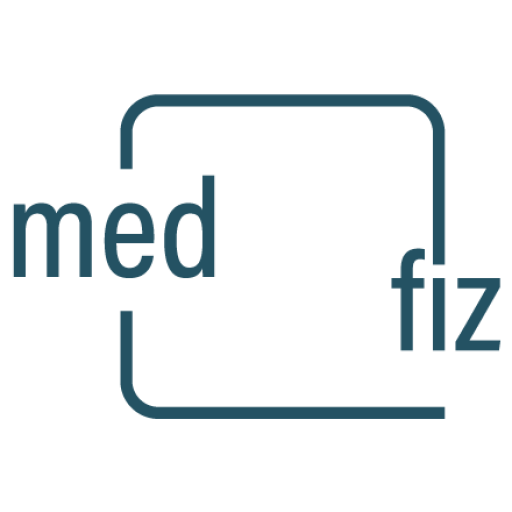Young researcher (full-time employment, application deadline 30 June 2021)
At UL FMF, in October 2021, we will offer employment to a young researcher or young researcher for research in the field of development of positron tomography (PET) detectors, the mentor will be dr. Rok Dolenec.
Positron tomography (PET) is an established method of nuclear medicine that allows functional imaging of processes in the body. The quality of images obtained with PET is still improving with the advancement of technology, mainly with improvement of the geometric efficiency and time resolution (TOF) of the detectors. Researchers from the Faculty of Mathematics and Physics are involved in the development of a PET detector with exceptional time resolution, which will enable the construction of next-generation PET devices. With precise integration of the most advanced photo detectors and electronics, ultra-fast detectors will ensure quality images also in PET devices with flat panel detectors. We are developing such a device in an international collaboration, with participation of institutions from Italy (Fondazione Bruno Kessler), Spain (University of Barcelona) and the USA (Massachusetts General Hospital).Young researcher will explore the performance of a PET device that uses ultra-fast flat panel detectors:•Using physical simulations, young researher will study the quality of images in dependance of detector parameters and find the optimal parameters for the construction of such a device (e.g. dimensions of plates when imaging different organs, dimensions of scintillation crystal). Young researher will use established tools for simulations in nuclear medicine (Geant4, GATE) and data analysis (CERN ROOT), which requires competencies in the field of programming (programming language C / C ++, scripting languages).•The open geometry of PET devices with flat panel detectors is still an active area for the development of algorithms for image reconstruction. Here, young researcher will be involved in the development of algorithms based on open source software tools (CASToR) that will be optimized for the selected geometry.•Experimental workin the development of the device, where young researcher will be able to check the performance of integrated PET detectors and their components (photo detectors, electronics, scintillation crystals) with laboratory testing and use the developed software tools on experimental data.The research will take place within the medical physics group at the Faculty of Mathematics and Physics, University of Ljubljana, in cooperation with thef Experimental Particle Physics Department, Jožef Stefan Institute. Young researcher will also be involved in activities of the international collaboration developing advanced detectors and a PET device.
More details: https://www.uni-lj.si/studij/mladi-raziskovalci/


